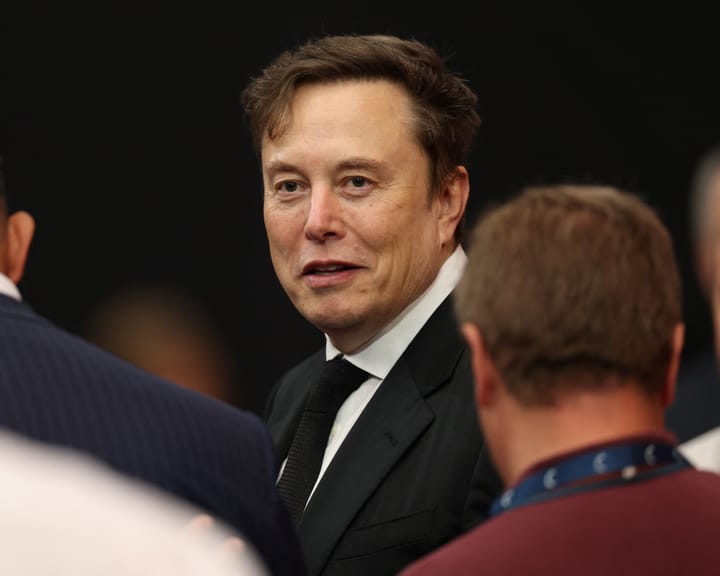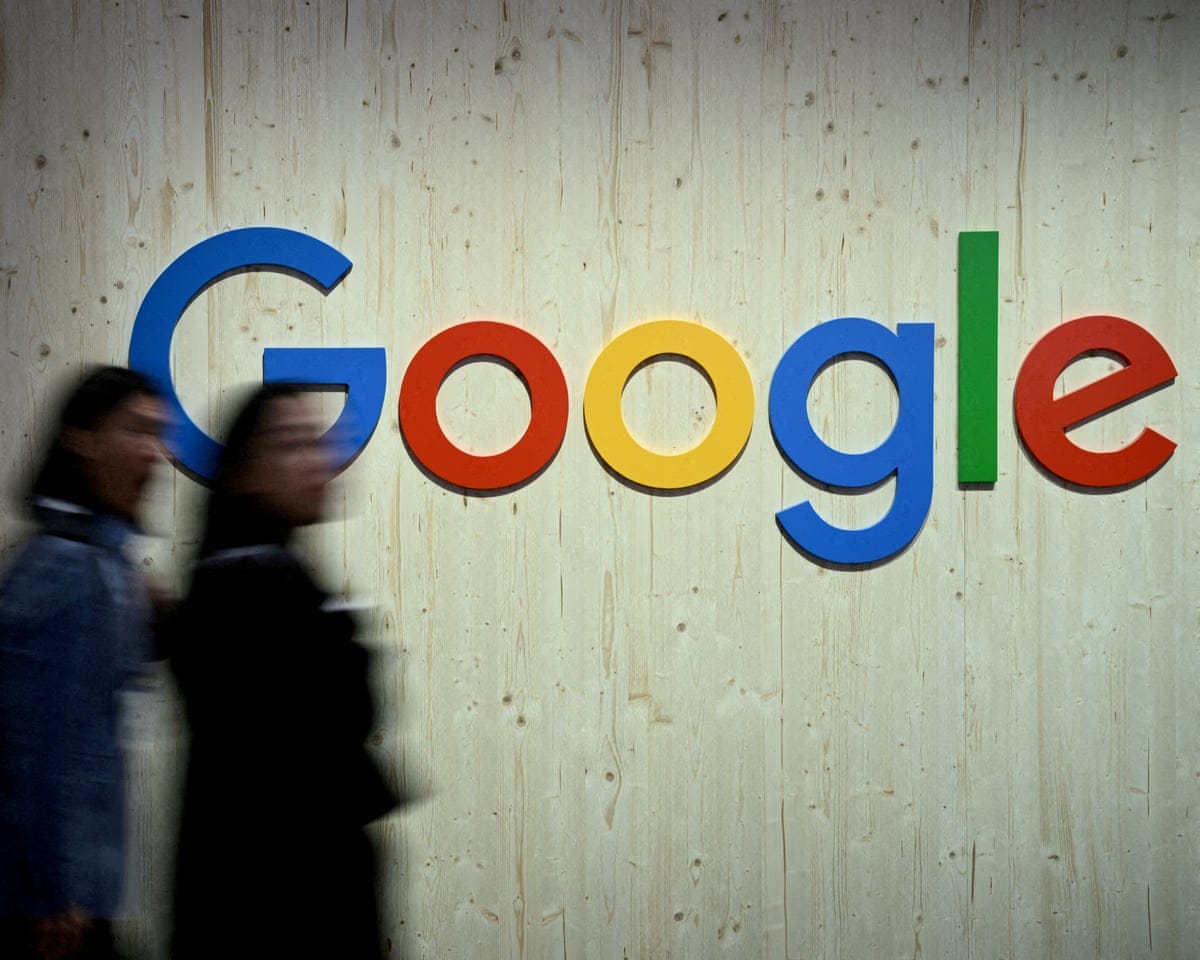Google’s greenhouse gas emissions have risen by nearly 51% since 2019 as efforts to enhance artificial intelligence confront ecological challenges. While the enterprise continues investing in renewable energy sources and carbon reduction technology, it struggles with scope 3 emissions—those occurring further down its supply chain—which have surged due largely to increased data centre capacity needed for AI operations such as Google’s Gemini model and OpenAI's GPT-4 algorithm.
The corporation reported a significant jump in electricity use, with an increase of 27% compared year on year while striving toward decarbonisation amidst growing energy needs related to its AI systems. Data centres are integral not only for training and running the models powering these advanced algorithms but also face pressure from expected double growth by 2026, reaching an estimated consumption of around Japan's electricity demand level according to International Energy Agency projections; furthermore, predictions indicate that datacentre energy use might account for about 4.5% of global energy generation come 2030 based on SemiAnalysis’ analysis.
There are concerns over how swift advancements in AI could lead to unpredictable and potentially exponential rises in power demand, making future estimations challenging. Another concern is the sluggish progress made towards new low-carbon energy sources like Small Modular Reactors (SMRs). These mini nuclear plants have been promoted as a quicker way for datacentres—increasingly relied upon due to AI usage—to go green, but their deployment has fallen behind schedule.
The report also notes that getting these environmentally friendly energy technologies adopted widely by 2030 appears arduous because they are still in the nascent stages and face challenges like high costs or lack of proper regulatory support for current structures. The company's total goal-aligned emissions reached around 11.5 million tons, marking an uptick year over year by about 11% as well as a significant increase from base levels in 2019; this growth is predominantly due to rising supply chain and scope 3 emissions which have escalated further still—by nearly one fifth within the same time frame.
Despite obstacles, Google continues its pursuit of clean energy sources for powering systems: since embarking on a renewable journey in 2010 they've agreed to over twenty-two gigawatts worth of green agreements and as recent progress saw the addition last year—a new record by far —of eighty gross watt contracts.
Notably, Google has successfully accomplished one environmental target ahead: eradication of plastic packaging within its operations
Read next

"AirPods Pro 3 reviewed: Upgraded battery, superior noise cancellation, top-tier performance"
Apple’s widely used AirPods Pro wireless earbuds have returned for their third iteration, offering improvements in comfort, battery performance, integrated heart rate tracking, and enhanced noise cancellation. The new model appears poised to be as prevalent as earlier versions.
Three years have passed since the previous release, yet the

"Peter Thiel's secret talks on antichrist shed more light on him than doomsday"
Peter Thiel’s Unusual Academic Pursuits
Peter Thiel is known for his skepticism toward academia. Yet, in four recent private lectures in San Francisco discussing the antichrist, the billionaire investor has made an unexpected case for intellectual credentials.
During these wide-ranging talks, Thiel appeared to channel the eclectic thinking he

"X resolves $128M severance dispute with former Twitter executives"
# Elon Musk and X Reach Settlement with Former Twitter Executives Over Severance Dispute
Elon Musk and X have resolved a legal dispute with four former high-ranking executives of Twitter, including the company’s ex-CEO, who alleged that the billionaire withheld $128 million in severance payments after acquiring the social media

